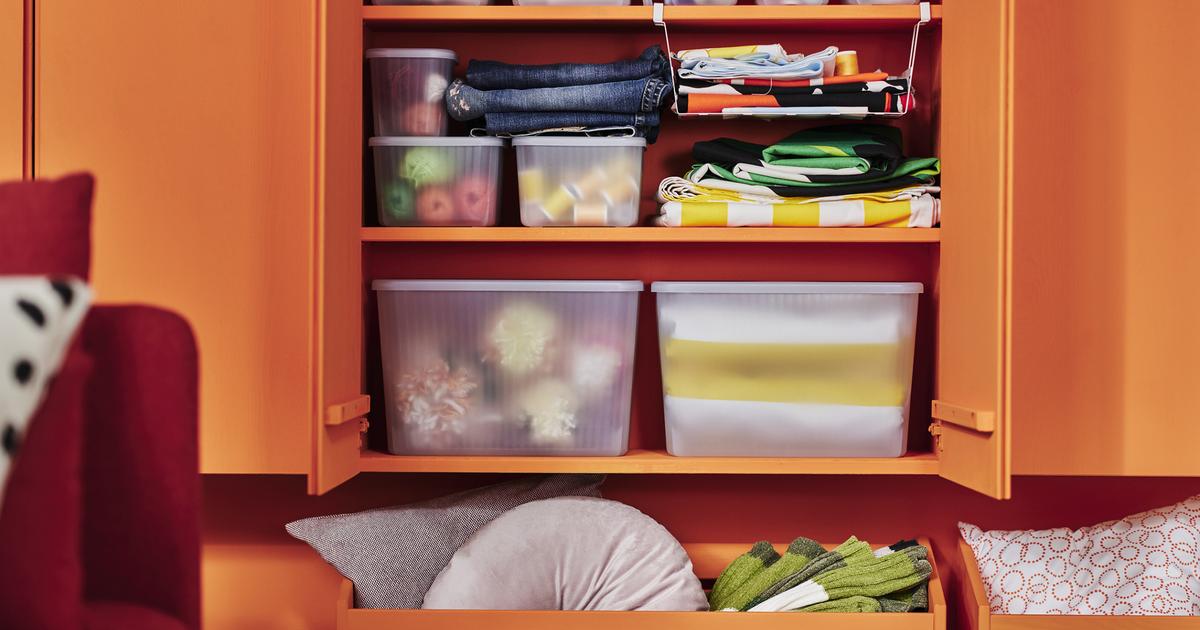Enlarge image
In important moments you don't have to say anything anyway: Ferdia Walsh-Peelo and Emilia Jones in »CODA«
Photo:
Apple TV +
If Ruby Rossi feels like singing, then she sings.
Loud, with all your soul.
For example, "Something's Got A Hold On Me" by Etta James while hauling in the net on her father's fishing boat.
Fidgeting clods and a voice that melts away, but nobody in the vastness of the ocean hears it except Ruby himself. Because the rest of her family, father Frank, mother Jackie and brother Leo, are deaf.
Some films make a name for themselves long before they are available to a larger audience. "CODA" by director Sian Heder is such a film. In January 2021, that was just before the pandemic turned cinemas into orphaned places. Even then, streaming services courageously took hold when it came to the rights of promising content for their platforms. After the acclaimed premiere of "CODA" at the Sundance Film Festival, Apple put 25 million dollars on the table, a record amount.
Apple's streaming service TV + has it most to fill its video library, compared to the giants Disney, Netflix and Amazon, the range of the noble group is still very manageable. And »CODA« is actually very well suited to entertaining as many people as possible around the globe. The film is like an Ikea shelf that you don't even have to assemble yourself: meets the masses' taste and looks okay in a reserved way, even if the highest quality materials are not built into the interior.
»CODA« is not innovative or even challenging at any point, the makers paid great attention to this. And not particularly original, if only because the film is a remake of the French drama "Do you understand the Béliers?" The remake is also buttery soft and moving, mixed with a calculated shirt sleeve. The fact that real intensity falls by the wayside is in the nature of things, or rather: in the formula of the feelgood movie. And »CODA« wants to be a feel-good film with all its might.
The fact that the story tells of a family of deaf people is more the soulful background for a drama that tells of growing up and finding oneself, a popular subject of the genre. This also causes the central conflict: Ruby's (Emilia Jones) singing teacher hears real talent when auditioning for the school choir and suggests that she attend a music school in Boston. But who is supposed to interpret for parents and brothers when the wholesaler tries to cheat them again for their fish? And anyway: not only mother Jackie (Marlee Matlin) cannot follow her daughter's fascination for music and initially dismisses it as a harmless teenage madman.
The matter of deafness seems contradictory here: On the one hand, some scenes feel like trying to generate as much sentiment as possible with the disability. On the other hand, you at least learn that sign language can be used to rude ranting, and the filmmakers try to portray deafness as realistically as possible.
All deaf characters are played by deaf actors, and that this is more than a fulfillment of identity-political demands is shown above all in the figure of the mother. It was originally played by the French star Katrin Viard, and despite all her good preparation, the sign language slipped into a hectic fidgeting. In »CODA« the role of Marlee Matlin plays with a completely different grace and authority. No wonder: in 1986, Matlin was the first deaf actress to be awarded an Oscar for best actress for “God's Forgotten Children”.
In this respect, Sian Heder could have trusted her actors more, including the gorgeous Emilia Jones, who learned sign language for the role of Ruby for nine months and inspires both in the silent and spoken dialogues with a gripping cordiality.
And of course, as with the role model, there are those often silent scenes in which parents in particular should boldly blow their nose because the pain of letting go of their children is reflected here in a particularly emotional way.
It is a pity, however, that in »CODA« every conflict has to be resolved in favor and the Rossis even mutate into heroes of the working class by founding their own cooperative and declaring war on wholesalers.
Much less would have been so much more - but that's not what the formula for feel-good films does.






/cloudfront-eu-central-1.images.arcpublishing.com/prisa/IFZN3QHL2BB4TBAPMKIOA7ILF4.jpg)


